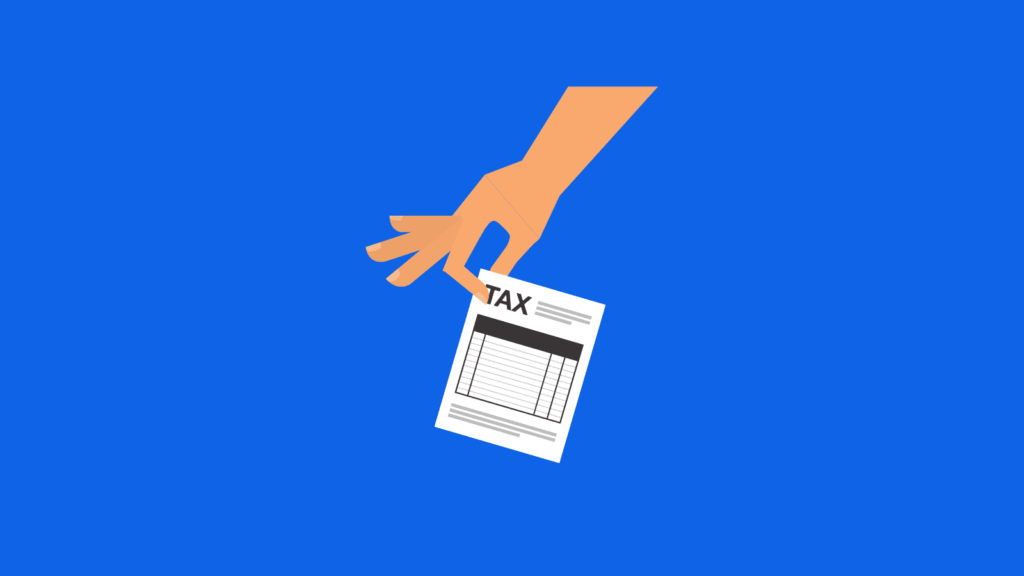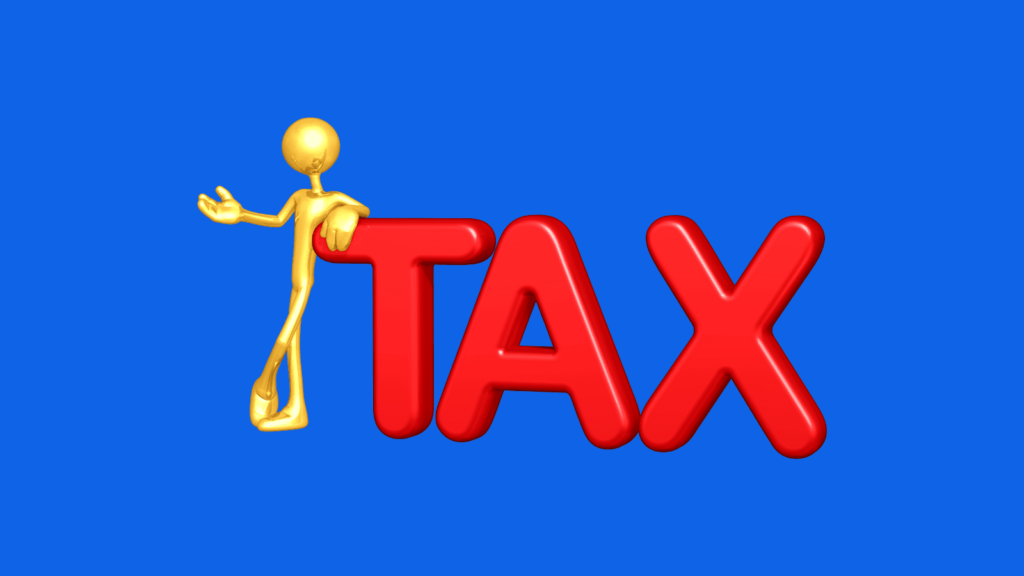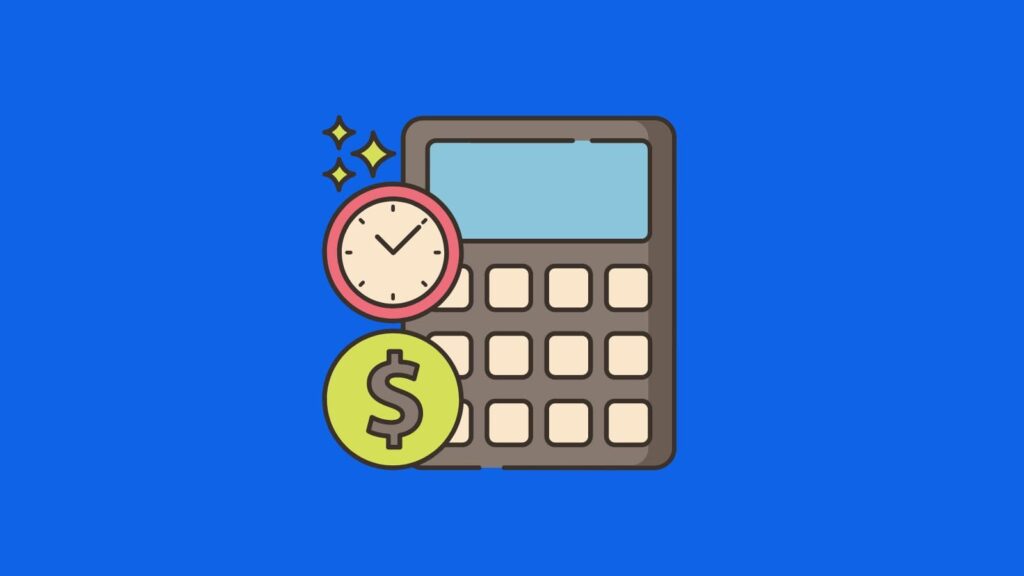Why a Flat Income Tax Won’t Work in the USA: Exploring the Drawbacks and Challenges
February 21, 2023

peakreliance
Accounting, Bookkeeping, Taxes
The Drawbacks of Implementing a Flat Income Tax System in the United States
The concept of a flat income tax system, in which every individual pays the same tax rate regardless of their income level, has gained attention as an alternative to the current progressive tax system in the United States. However, while a flat income tax may seem appealing due to its simplicity and perceived fairness, there are several reasons why it may not be a viable solution for the US.
Understanding the Flat Income Tax: How it Differs from the Progressive Tax System
Before delving into the potential drawbacks of a flat income tax, it is essential to understand how it differs from the current progressive tax system. In a flat income tax system, every individual pays the same tax rate, while in the progressive system, tax rates increase with income levels. For example, a high-income earner may pay a tax rate of 35%, while a low-income earner may pay only 10%. The progressive tax system aims to promote a fairer tax burden for individuals, requiring those who can afford to pay more to do so.
Pros and Cons of a Flat Income Tax: Weighing Simplicity and Fairness
There are several advantages and disadvantages to implementing a flat income tax system, including:
Pros:
- Simplicity: A flat income tax system is straightforward and easy to administer, which saves time and resources for both individuals and the government. It eliminates the need for complicated tax rules and codes.
- Fairness: Proponents argue that a flat income tax treats everyone equally, regardless of their income level, promoting a sense of fairness and equality in the tax system.
- Incentive: A flat income tax can incentivize individuals to work, save, and invest by imposing the same tax burden on everyone, which can stimulate economic growth and encourage entrepreneurship.
Cons:
- Regressiveness: Critics argue that a flat income tax is regressive, placing a higher tax burden on low-income earners than high-income earners. This is because low-income earners spend a higher percentage of their income on necessities, leaving them with less disposable income to pay taxes.
- Lack of Progressivity: A flat income tax does not adhere to the principle of progressivity, which suggests that individuals who earn more should pay a higher percentage of their income in taxes. Many believe this is unjust and leads to income inequality.
- Social Programs: A flat income tax may not generate enough revenue to fund crucial social programs, such as healthcare, education, and infrastructure. This could result in cuts to these programs or a larger budget deficit, negatively impacting the economy in the long term.
The Flat Income Tax: Potential Negative Effects on Lower and Middle-Income Earners and Income Inequality
Advocates of the flat income tax claim it is a fair and uncomplicated tax system, but opponents have valid criticisms regarding its impact on lower and middle-income earners. One significant issue is the regressive nature of the flat income tax. This system imposes the same percentage rate on all income earners, which can negatively affect lower-income earners disproportionately. For example, someone earning $20,000 per year would pay $4,000 in taxes with a 20% flat tax rate, which could have a significant impact on their ability to make ends meet. Meanwhile, someone earning $200,000 per year would pay $40,000 in taxes, which may be a more manageable expense for them.
Another criticism is the lack of progressivity in the flat income tax system. A progressive tax system requires higher earners to pay a higher percentage of their income in taxes, which can help reduce income inequality by redistributing wealth. However, a flat tax rate does not consider the ability of higher earners to pay more in taxes.
Additionally, critics argue that a flat income tax may not generate enough revenue to fund crucial social programs, such as education, healthcare, and infrastructure, which can negatively impact lower and middle-income earners who depend on these services.
Income inequality is a significant issue, and a flat income tax may make it worse instead of better. This system does not account for the vast disparities in income and wealth between different individuals and households, allowing the rich to pay the same tax rate as those who are struggling to make ends meet. This may lead to a situation where the rich get richer, and the poor get poorer. Moreover, a flat income tax may not provide the government with enough revenue to fund social programs that can help reduce income inequality.
Finally, a flat income tax may limit social mobility by making it harder for individuals to move up the income ladder. A progressive tax system, which taxes higher earners at a higher rate, helps to reduce income inequality and provide opportunities for individuals to improve their financial situation.
How a Flat Income Tax May Impact Government Revenue and Public Services
One of the key arguments made in favor of a flat income tax is that it simplifies the tax code, making it easier for taxpayers to understand and comply with. However, a flat income tax may also have significant impacts on government revenue and public services.
One potential impact of a flat income tax is that it may reduce the overall amount of revenue that the government is able to collect. This is because a flat tax rate would not take into account the ability of higher earners to pay more in taxes, potentially resulting in lower tax revenues overall. This, in turn, could limit the government’s ability to fund public services such as education, healthcare, and infrastructure, which are critical to the well-being of society as a whole.
Additionally, a flat income tax may not be sufficient to address the various needs of different communities across the country. Different regions and populations have different needs when it comes to public services, and a one-size-fits-all approach to taxation may not adequately address these varying needs. For example, a rural community with limited access to healthcare may require more funding for healthcare services than a wealthier urban community with better healthcare facilities. A flat income tax would not account for these differences, potentially resulting in an unequal distribution of public services.
Finally, a flat income tax may disproportionately impact lower-income households, who would be required to pay a larger percentage of their income in taxes than higher-income earners. This could lead to a reduction in disposable income for these households, limiting their ability to spend on goods and services and potentially having negative impacts on the overall economy.
While a flat income tax may simplify the tax code, it may also have significant negative impacts on government revenue and public services. As such, policymakers must carefully consider the potential consequences of implementing a flat income tax and explore alternative approaches to taxation that can more effectively address the needs of different communities and promote the well-being of all citizens.
Alternatives to the Flat Income Tax: Considering Other Tax Reform Options
Given the potential drawbacks of a flat income tax, policymakers may wish to consider alternative approaches to tax reform that can more effectively address issues such as income inequality and government revenue.
One alternative to a flat income tax is a progressive income tax, which would tax higher earners at a higher rate than lower earners. This would enable the government to collect more revenue from those who can afford to pay more in taxes and could help to reduce income inequality. Additionally, a progressive income tax could be structured to provide tax breaks or other incentives to lower-income households, helping to alleviate the burden of taxation on those who are struggling to make ends meet.
Another alternative to a flat income tax is a consumption tax, which taxes goods and services rather than income. This type of tax would be based on what individuals consume, rather than what they earn, and could be structured in a way that is more equitable for lower-income households. A consumption tax would also encourage saving and investment, as individuals would not be taxed on the income they save or invest.
Finally, policymakers could also consider a hybrid tax system that combines elements of both a progressive income tax and a consumption tax. For example, a system could be designed to tax income at a progressive rate, while also implementing a consumption tax that targets luxury goods and services, which are more likely to be consumed by higher earners.
In conclusion, there are several alternatives to a flat income tax that policymakers can consider when exploring tax reform options. A progressive income tax, a consumption tax, and hybrid tax systems are all potential options that can help to address income inequality and government revenue concerns while also providing a more equitable and efficient taxation system for all citizens. Ultimately, the key to successful tax reform will be careful consideration of the potential impacts of each option and a willingness to explore innovative solutions to the challenges of taxation in the modern economy.
Conclusion: Why a Flat Income Tax May Not Be a Viable Solution for the United States
While the concept of a flat income tax may seem appealing in its simplicity, it is clear that this approach to taxation is not without its drawbacks. The potential impacts on lower and middle-income earners, the exacerbation of income inequality, and the potential impact on government revenue and public services are all important considerations when evaluating the viability of a flat income tax.
Furthermore, as the United States continues to face ongoing challenges related to income inequality and economic mobility, it is clear that alternative approaches to tax reform may be necessary. Policymakers should consider a range of options, including progressive income taxes, consumption taxes, and hybrid systems that can help to address these challenges in a more effective and equitable way.
Ultimately, any solution to the challenges of taxation in the United States must be carefully evaluated based on its potential impact on all citizens and its ability to promote the overall well-being of society. By exploring innovative and forward-thinking solutions to the challenges of taxation, policymakers can help to build a fairer and more prosperous economy that benefits all Americans.
Are you struggling to manage your business’s finances in the face of an ever-changing tax landscape? Contact Peak Reliance today! Our team of experienced professionals can help you navigate the complexities of the US tax system and develop a customized plan to optimize your finances. Don’t let taxes hold your business back – call us now at +1 (718) 218-5558 or email us at hi@peakreliance.co and let us help you achieve financial success.
Post Tags :
Flat income tax
About Us
Empowering small businesses and individuals with efficient and reliable bookkeeping & tax services.
Start Free Trial
Our Pricing
















